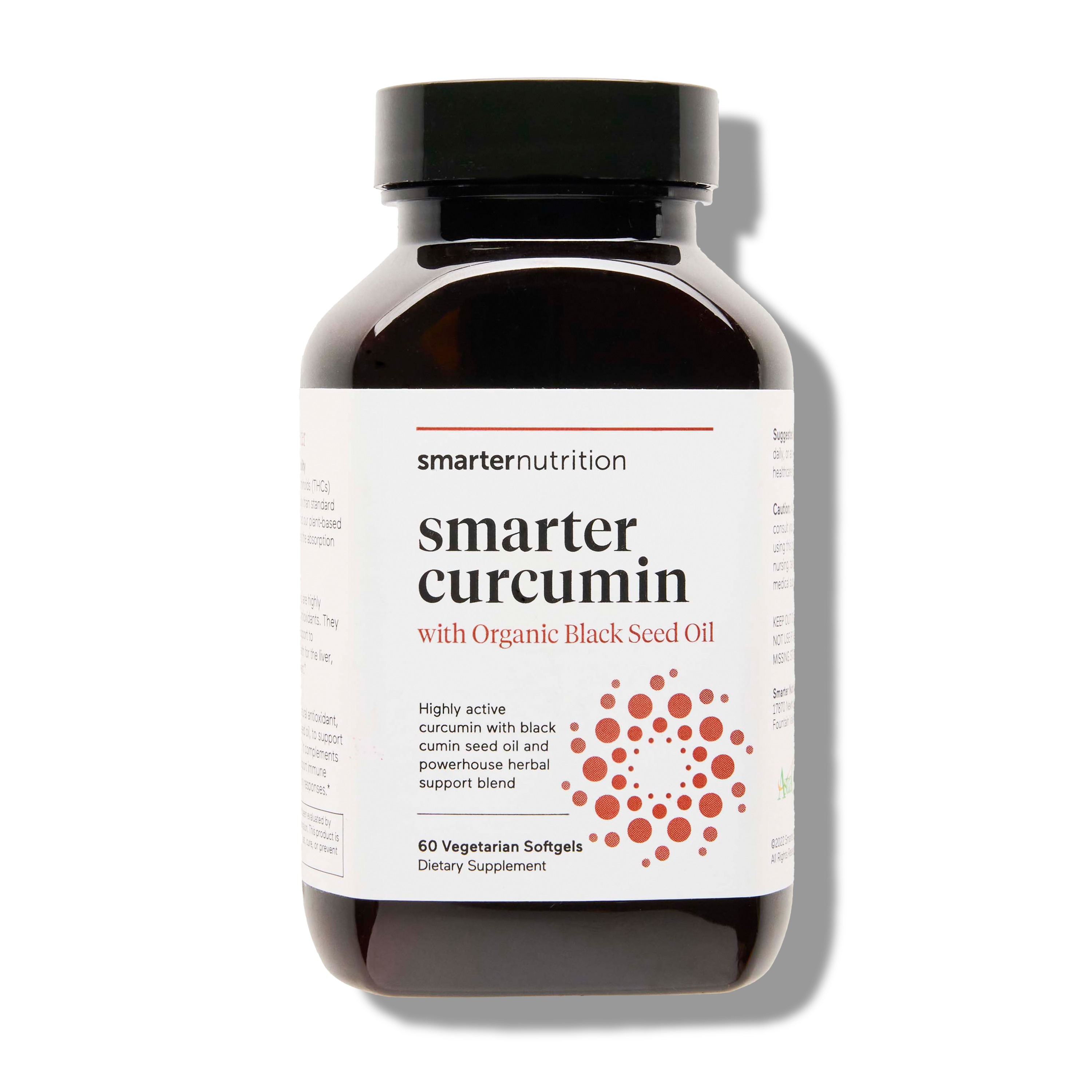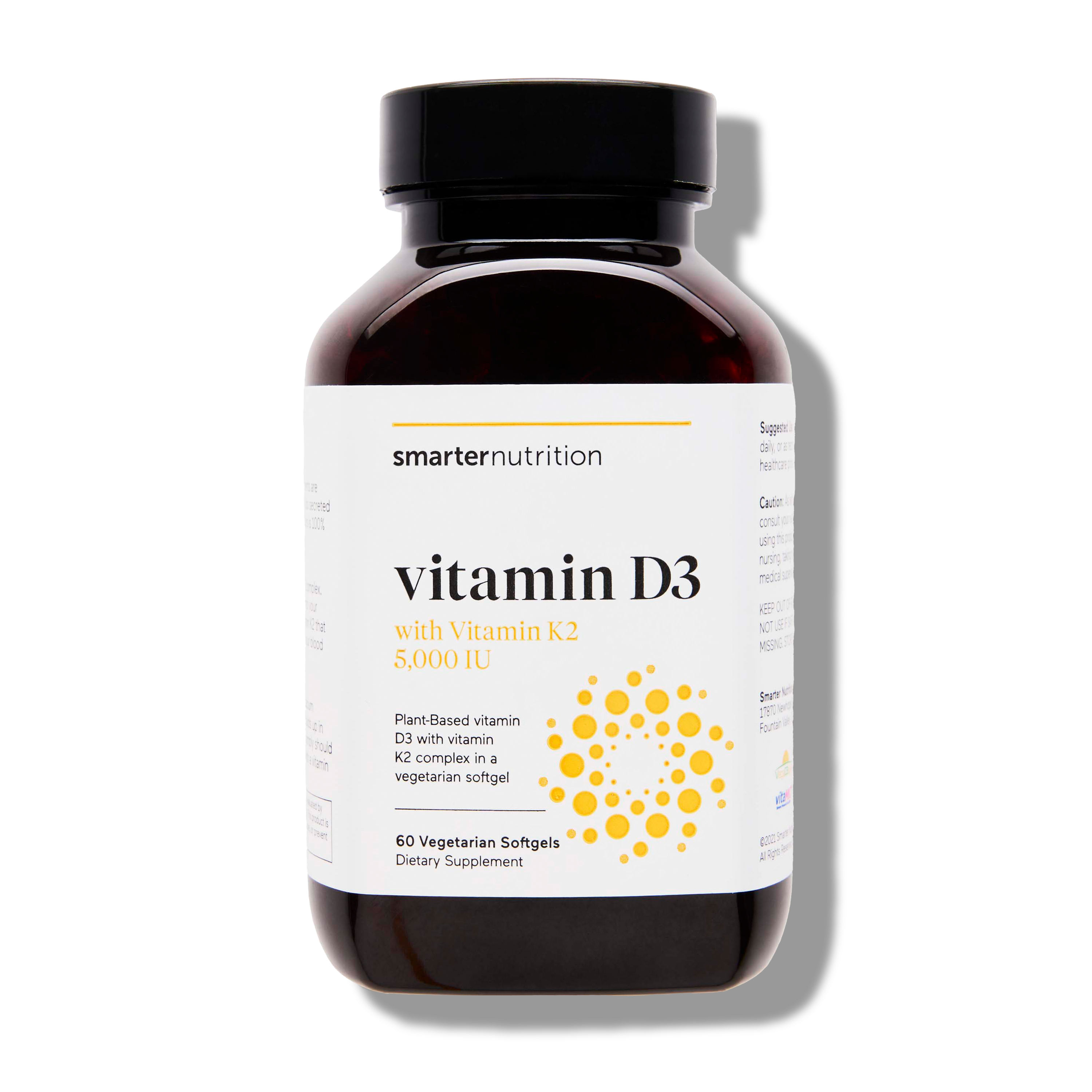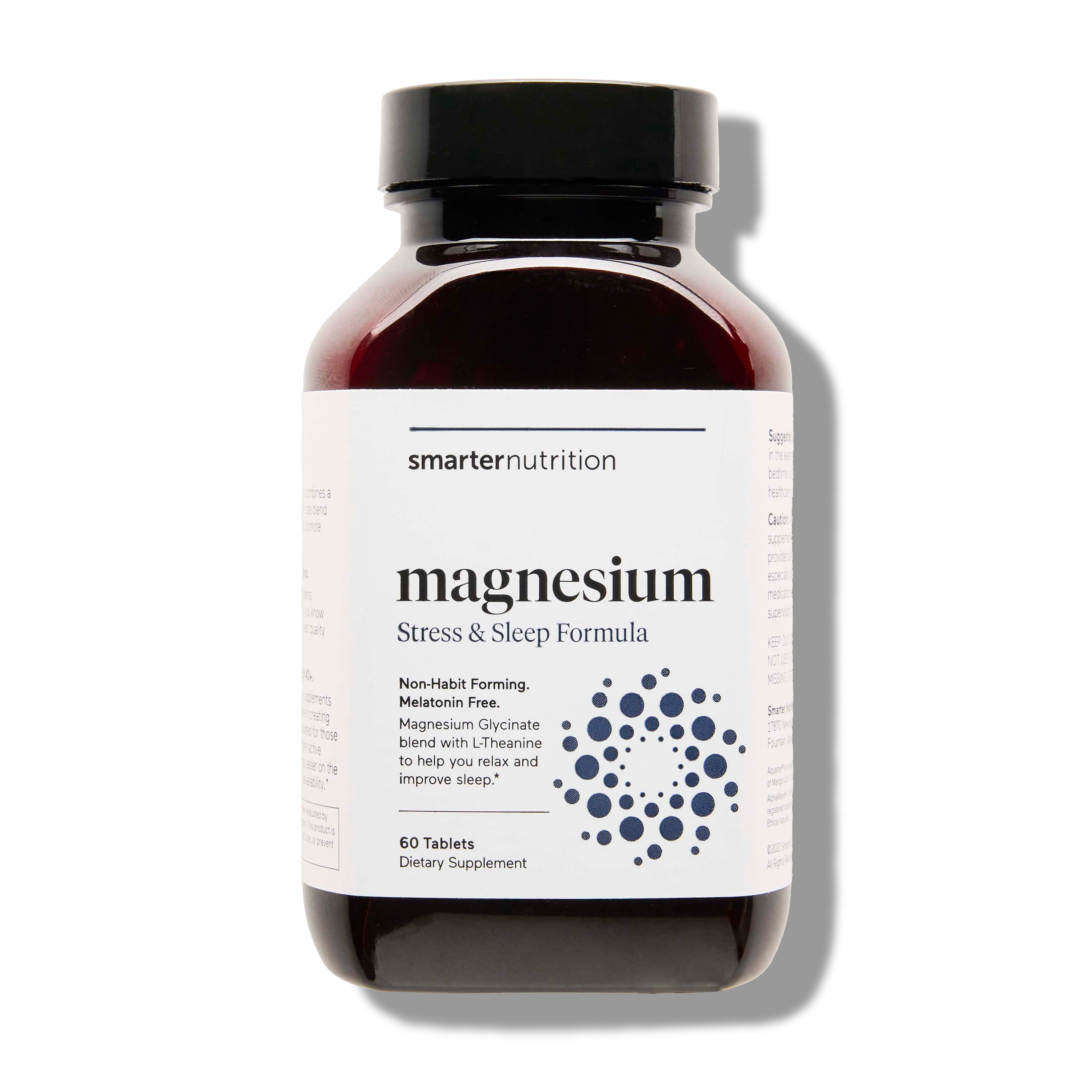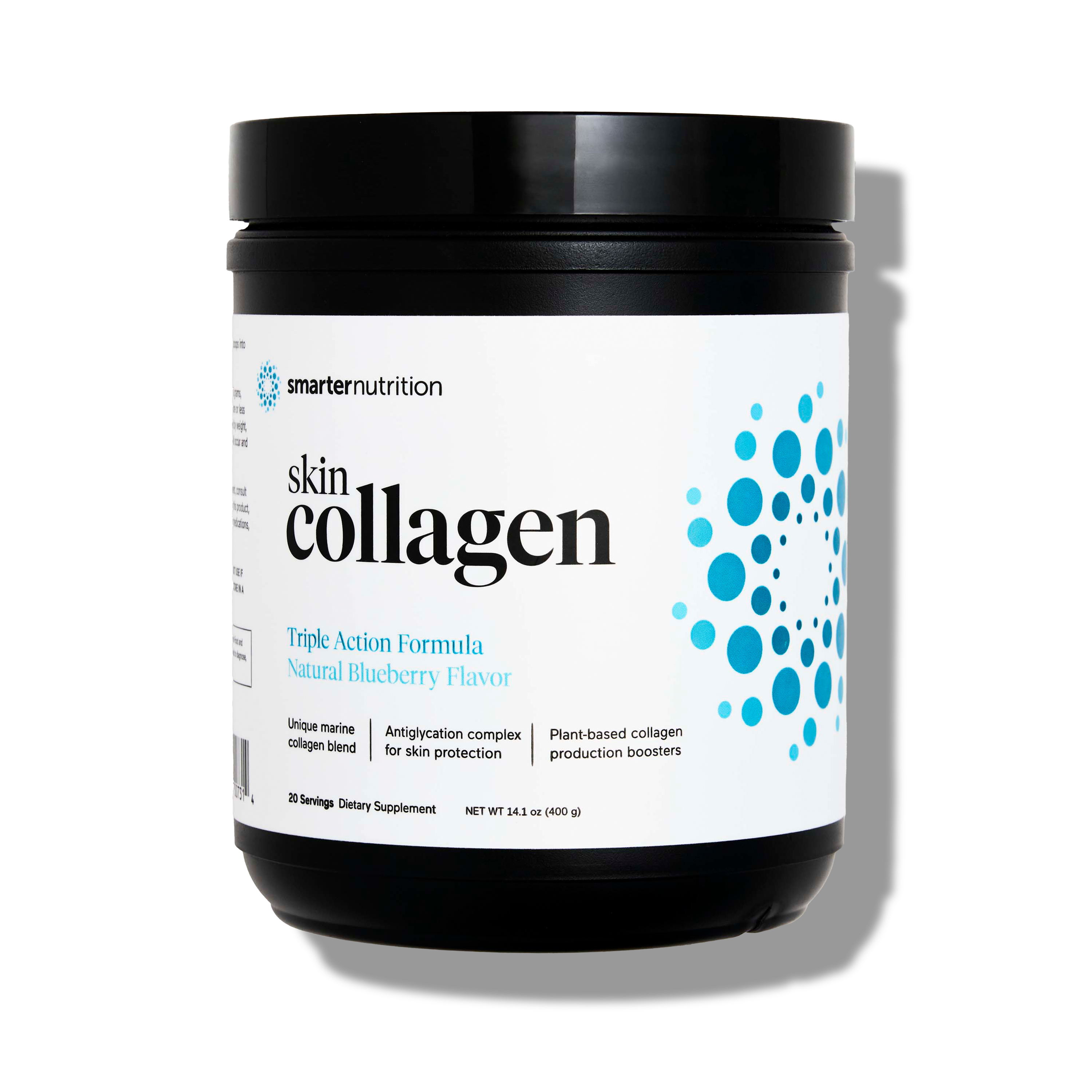Breathing Easy: How to Safeguard Yourself Against Air Pollution and Improve Air Quality
Air pollution poses a significant threat to our health and the environment. With increasing industrialization and urbanization, it's crucial to understand the impact of air pollution on our well-being and take proactive measures to protect ourselves. This blog will explore the importance of air quality, the adverse effects of air pollution, and practical steps you can take to minimize exposure and improve the air around you.
Understanding Air Pollution
Sources of Air Pollution: Common sources of air pollution are vehicle emissions, industrial activities, household pollutants, and natural factors like wildfires or dust storms.
Types of Air Pollutants: There are lots of different types of pollutants such as particulate matter (PM), nitrogen oxides (NOx), sulfur dioxide (SO2), volatile organic compounds (VOCs), and ozone (O3), just to name a few.
Health Impacts of Air Pollution
Respiratory Problems: Air pollution can lead to respiratory conditions like asthma, bronchitis, and aggravated allergies.
Cardiovascular Issues: Studies show a link between air pollution and heart diseases, including increased risk of heart attacks and stroke.
Other Health Concerns: Air pollution can lead to potential effects on cognitive function, pregnancy complications, and overall quality of life.
Monitoring Air Quality
Local Air Quality Index (AQI): It's important to regularly checking AQI reports provided by local environmental agencies or apps that are easily accessible on your smartphone.
Indoor Air Quality: Not only is outdoor air quality a concern, it's also important to maintain good indoor air quality. Consider investing in an air purifier, and be sure to never smoke indoors.
Protecting Yourself from Air Pollution
Limiting Exposure: Reduce exposure to outdoor pollution by avoiding high-traffic areas, using air filtration masks, and adjusting outdoor activities during peak pollution times.
Enhancing Indoor Air Quality: Improve indoor air quality by ensuring proper ventilation, regular cleaning, and using air purifiers or indoor plants.
Creating a Healthy Home Environment: Discuss the importance of reducing indoor pollutants like smoking, using chemical-free cleaning products, and minimizing the use of volatile organic compounds (VOCs).
Supporting Clean Air Initiatives
Advocacy and Awareness: A great way to support clean air initiatives is by joining local environmental groups and engaging in public awareness campaigns.
Sustainable Transportation: Use public transportation, carpooling, biking, or walking as alternatives to reduce vehicle emissions.
Planting Trees and Green Spaces: Trees are our most natural way to help clean the air that we breathe. Support our trees by participating in tree-planting initiatives or supporting urban green spaces.
By understanding the dangers of air pollution and taking steps to protect ourselves, we can make a positive impact on our health and the environment. By monitoring air quality, limiting exposure, improving indoor air quality, and supporting clean air initiatives, we can ensure a safer and healthier future for ourselves and generations to come. Remember, every effort counts when it comes to breathing easy and enjoying clean, fresh air.
Maintaining optimal lung health is crucial for overall well-being and quality of life. In addition to adopting a healthy lifestyle and avoiding respiratory irritants, certain supplements can support and promote lung function. Here is a range of supplements that have shown potential benefits for lung health when incorporated into your daily routine:
Vitamin D: Vitamin D plays a vital role in the immune system and has been linked to respiratory health. Research suggests that vitamin D deficiency may increase the risk of respiratory infections and worsen symptoms of respiratory conditions.For those looking for a Vitamin D3 supplement, options like Smarter Vitamin D3, which combines vitamin K2 and coconut oil for potential enhanced bioavailability, are available.
Omega-3 Fatty Acids: Omega-3 fatty acids, commonly found in fish oil supplements, possess anti-inflammatory properties that may benefit lung health. Studies have indicated that omega-3s may help reduce airway inflammation and support lung function in individuals with respiratory conditions such as asthma. With many other supplements in the market to support your lung health, it is important to choose the right one for you. Smarter Omega-3 is made with optimal of EPA and DHA, so you get the most of your supplement
N-Acetylcysteine (NAC): NAC is an antioxidant and precursor to glutathione, a crucial antioxidant produced naturally in the body, has been studied for its potential benefits in supporting respiratory health. Research suggests that NAC may help promote airway clearance, support healthy inflammation responses and healthy mucus levels, potentially offering support for individuals concerned about respiratory well-being, including those with chronic respiratory conditions.
Vitamin C: Known for its immune-boosting and antioxidant properties, vitamin C potentially helps protect lung tissue from oxidative stress. Studies suggest that vitamin C supplementation may have a positive impact on reducing the frequency and severity of respiratory tract infections. However, more studies are needed to support its potential overall antioxidant benefits.
Cordyceps: Cordyceps is a type of medicinal mushroom; it has a history of traditional use in supporting respiratory function and immune health. It is believed to have properties that may contribute to lung health and enhance oxygen utilization.
Ginseng: Gingseng, particularly Korean red ginseng, has a long history of traditional use for various health purposes, including potential support for respiratory health. It is believed to possess certain properties, such as anti-inflammatory and immune-modulating effects, that may contribute to overall lung function and potential respiratory wellness.





